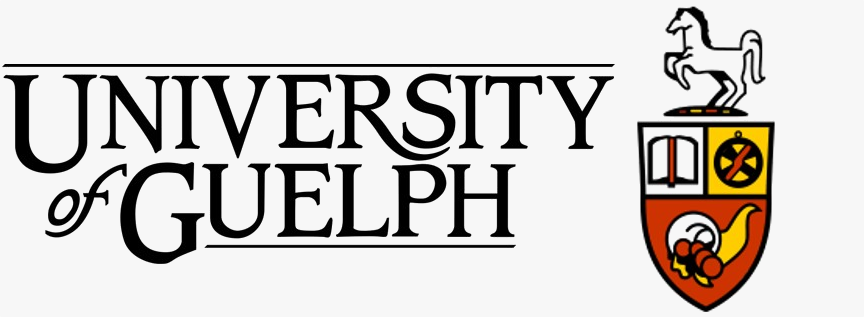
Building a sustainable network of connection and mentorship for women and girls with disabilities in Canada is the ultimate goal of a University of Guelph project that has received funding from Women and Gender Equality Canada (WAGE).
The $682,776 award will fund the Canadian Feminist Disability Coalition (CFDC), a 30-month systemic change project that aims to strengthen the leadership and advocacy skills of women and girls with disabilities and provide opportunities for connection.
Led by U of G’s Live Work Well Research Centre (LWW), the CFDC is one of 237 projects nationwide to receive funding under WAGE’s $100-million Feminist Response and Recovery Fund. The fund supports projects that increase the inclusion and participation of vulnerable and underrepresented women and girls in Canada’s social, political and economic life.
“The COVID-19 pandemic has narrowed what were already limited opportunities for women and girls with disabilities to participate, advocate and lead in public settings and private life,” said project director Dr. Deborah Stienstra, who is the LWW director and a professor in the Department of Political Science in the College of Social and Applied Human Sciences.
Strengthen advocacy skills of women and girls with disabilities
“Yet the experiences of disability are real sources of expert knowledge. Navigating health-care systems, managing uncertain employment, facing victimization and violence — women and girls with disabilities have a lifetime of negotiating challenge. Our aim is to recognize, encourage and expand the capacities the women and girls already have.”
“When we provide the right resources for women and girls, they are empowered to reach their full potential,” said Marci Ien, Minister for Women and Gender Equality and Youth. “That’s exactly why we’re taking action to help women with disabilities through working with partners like the University of Guelph. Investing in women’s skills development and leadership builds a brighter future for the next generation of trailblazers.”
“I am very pleased to see the University of Guelph receive federal funding to lead this community-engaged project that will benefit women and girls with disabilities through mentorship and a national network of support,” adds Guelph MP Lloyd Longfield. “The Canadian Feminist Disability Coalition work will help to build a stronger Canada through leadership development, gender equality and inclusion of women and girls.”
To ensure the CFDC centres the interests and needs of women and girls with disabilities, participants, researchers, and partner organizations, such as the DisAbled Women’s Network of Canada and the B.C. Aboriginal Network on Disability, will plan the project collaboratively.
Both a research project and a ‘system change’ initiative
The team will include women and girls with disabilities in all their diversity, not only recognizing a spectrum of physical, intellectual, and mental health disabilities and impairments but also how they intersect with other experiences such as racialization, gender diversity, age, and living situations, said Stienstra.
The project will also consider geographic differences, with partner organizations hosting CFDC hubs in British Columbia, Ontario, Quebec and New Brunswick. Though regionally based, hub members and facilitators will address nationwide needs.
“It is tremendous that WAGE has so generously supported Dr. Stienstra, her collaborators and project participants to develop the Canadian Feminist Disability Coalition,” said Dr. Malcolm Campbell, vice-president (research). “By centering equity, diversity and inclusion, this community-engaged initiative will have lasting, real-world impact for women and girls with disabilities while also transforming what research can be.”
Stienstra described the CFDC as both a research project and a “system change” initiative that pursues equality for women and girls with disabilities.
“As researchers, we’ll learn how creating space for women and girls to become powerful leaders and advocates — how including them — makes a difference in their lives and transforms the world around them,” Stienstra said.
“But to me, the biggest success would be seeing the network we create now continue with ongoing social change work long after the research phase is finished.”


